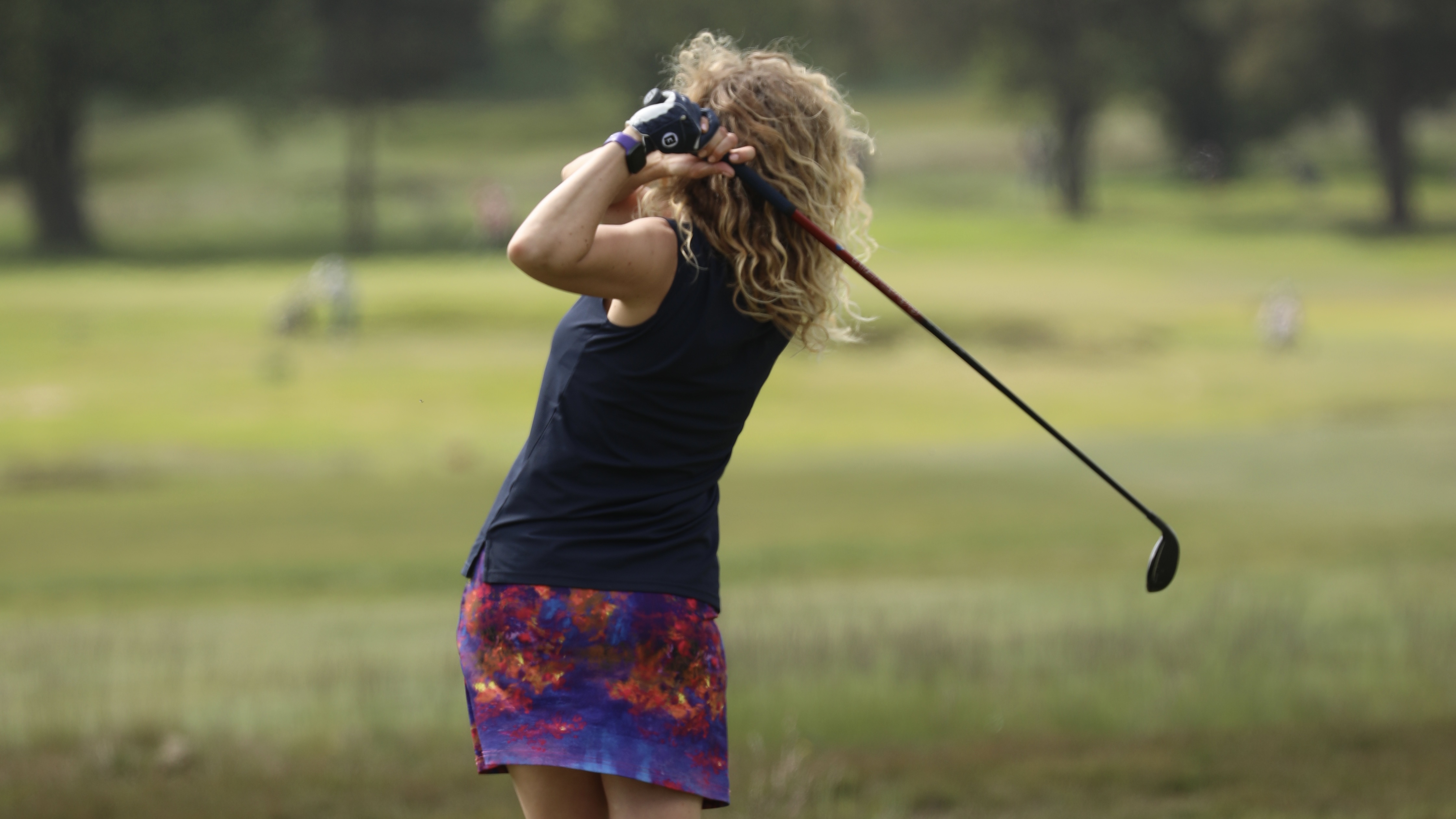
The discussion about what we call ourselves as female golfers is always one that will cause a reaction. For starters, I don’t want to be referred to as female. I know that’s what I am, but I immediately think of body parts (same as male), but perhaps that’s just me. If it’s not widely acceptable to refer to men as male, why should we be female? That’s exactly the point, we are all entitled to an opinion. What’s right and what’s wrong, who are we to decide?
There is, however, a need to move forward with sports and industries who are typically dominated by men and where women often struggle to own their titles or roles. It comes down to the correct use of language and what that language insinuates. Language matters, it directly impacts our subconscious
Often I’m called a lady professional and immediately the membership will assume I only teach women. Is it necessary to refer to a golf instructor’s gender at all? Socially pointing out gender often implies that we are bending the laws of tradition. When we say, “He’s a male nurse,” or “She’s a female doctor,” it implies that it’s unusual for those people to be in that role. A big deal is made out of it when actually there are far bigger fish to fry.
The Lady Golf Coach, Emma Brown, says that it wouldn’t sound right if she changed to the Woman Golf Coach, or the Female Golf Coach. Lady is approachable and friendly and reflects her personality. She says, “I don’t see what the big deal is, surely there are more important issues we need to tackle within the game?”
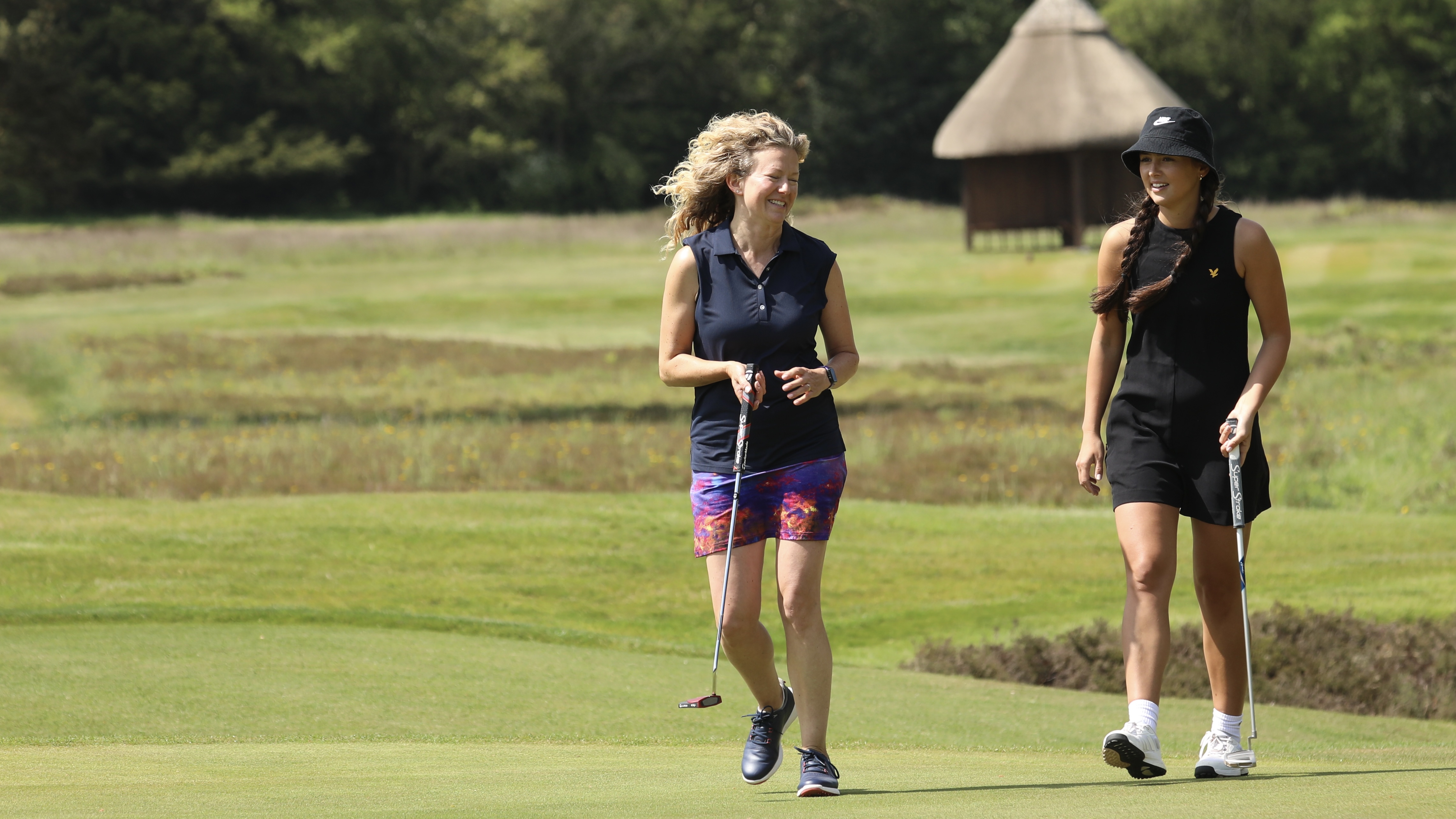
Language Matters
The language we use is important, and like any language, English reflects our society. There’s a heavy historical tide line that sees the English language being used as a way of oppressing colonies, a tool of racism, as well as a tool of sexism.
The British and North American versions of the English language are customised for the white male and to change the way we use language will take a great deal of acknowledgement before it changes to make everyone happy. Will this ever happen? I doubt it, as everyone has their own feelings, beliefs and identity. But at least with sports like golf chipping away, progress will be made.
Calling a group of women ‘girls’ is fine when it’s women themselves referring to each other, but when it is spoken from a man it’s deemed as patronising. Grown women are not merely girls. After all, we'd never call men boys, it’s emasculating. How do you feel about this? Is this a debate that means a huge amount, or are there so many other areas of the women’s game that need addressing before we attack the language used to describe participants?
I believe that language evokes underlying feelings and beliefs and are therefore extremely powerful especially when it comes to empowering women and indeed suppressing them. The constant yet gentle reference to women being weaker than men by male colleagues may be a jolly funny joke to them, but constantly being the butt end of a joke becomes wearing.
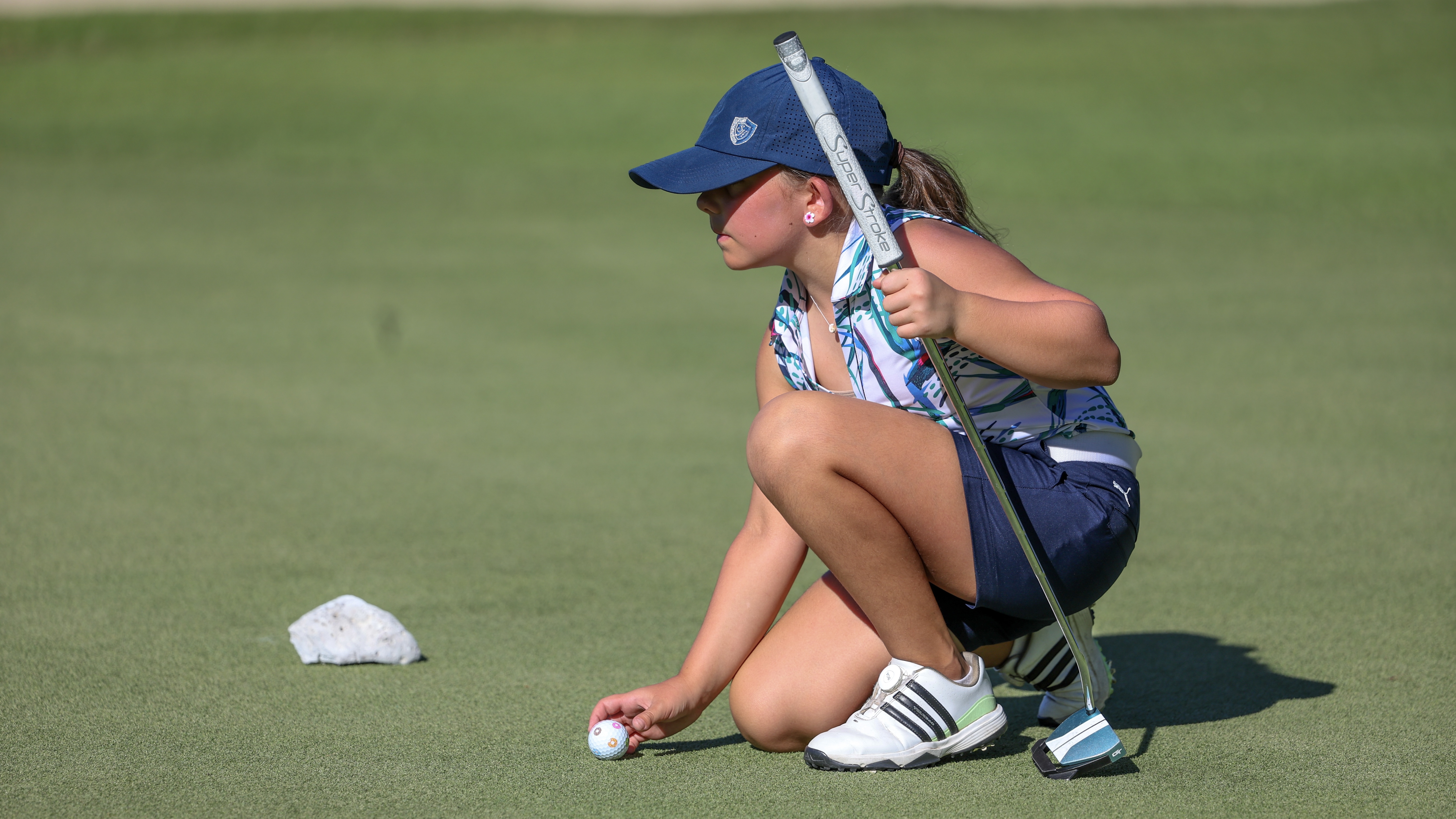
By constantly accepting this use of language, we are also accepting that it’s tradition and will remain that way. Until it’s highlighted, many people within golf clubs won’t change the language they use and this will continue to chip away at women’s confidence and a feeling of exclusion. Breaking the habit is key.
So, for example, when you next hear anyone refer to the ‘group of girls teeing off’, do correct them. Those girls are in their 50s, and therefore they are women. It doesn’t need to be a loud protest, just continuous correction. It’s not meant to be demeaning, but it matters.
Many golfers that I coach like being referred to as ladies. It makes them feel important in a club where any ounce of elevation adds to them owning their right to be there. Ownership is an important factor in women’s golf, owning your game is such a huge part of growing confidence. A feeling of belonging is not only nourishing but cements a golfer’s identity as a golfer. Not a female golfer, nor a golfer who is a woman, just a golfer.
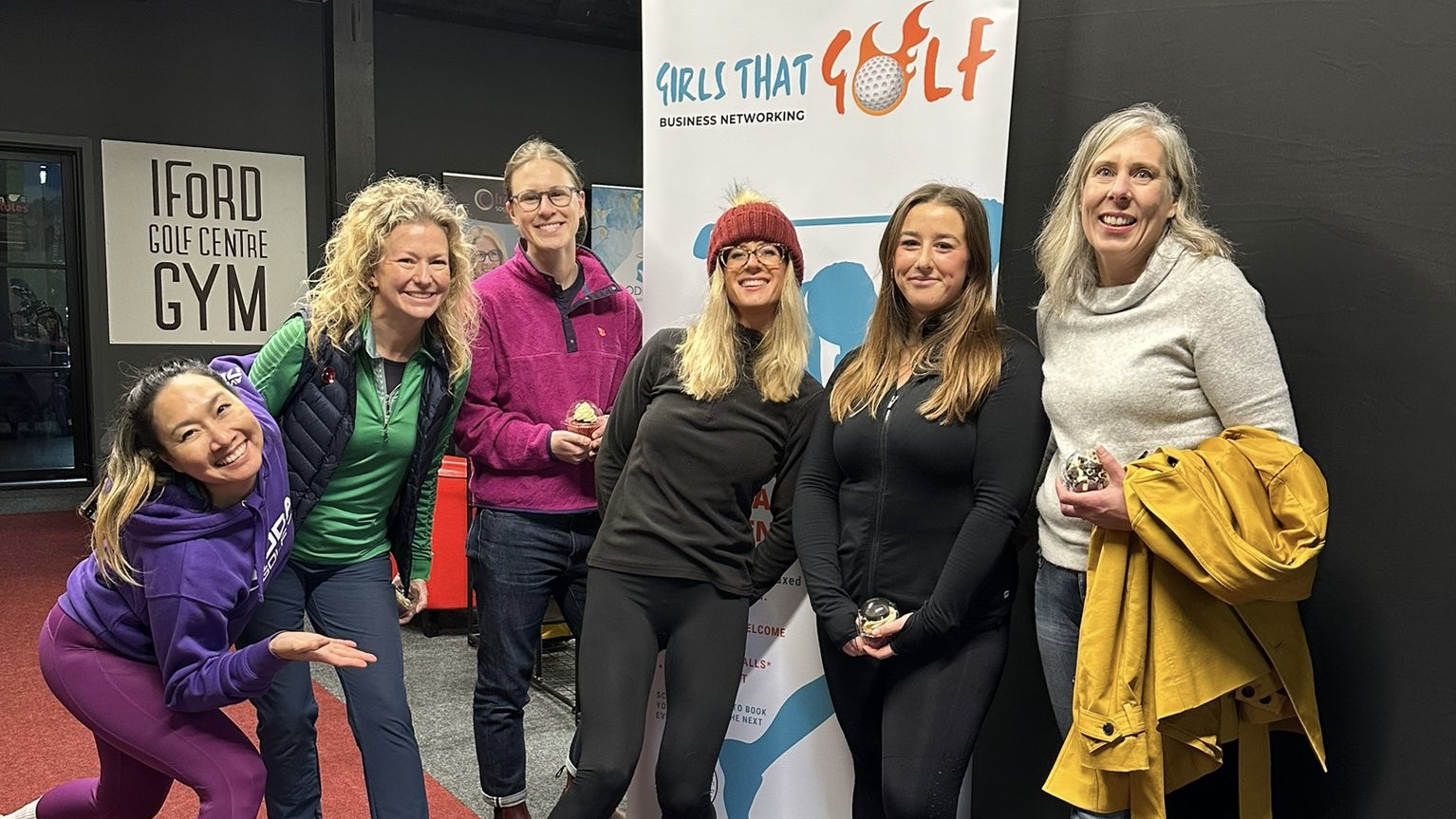
Ladies Versus Women
As we move through the ladies or women debate I am a firm believer that women are totally within their right to call themselves whatever they like. In a golf environment I understand why many women want to be called women and not ladies.
Speaking to a man in his 70s in a local cafe, he explained that when he refers to women as a ‘lady’ it’s meant in an extremely flattering way. I agree with him. Whereas he’d find the term ‘girl’ fairly demeaning of a grown woman and wouldn’t dream of using it in case he caused offence. At no point would he ever use the term woman except to identify them from a man.
Debbie Lewin, captain at Salisbury and South Wilts Golf Club believes the term ‘ladies’ allows women at the club to feel like they have an ownership and are an important part of the golf club. She feels that ‘women’s’ is slightly impersonal and cold. So, why do we spend so much energy debating this? Club members might be happy with the way they are referred to, but how does it translate to women considering joining? Does this feed the elitist reputation that golf so often falls victim to? Perhaps, but hopefully the welcoming nature of the women at the club will override the name those women are given when they join.
Golf clubs have long had ladies’ sections and this in itself is up for debate. Nicole Wheatley, who established the Women in Golf Awards believes there is huge strength in the use of the word ‘women’. Girls golf awards or ladies golf awards doesn’t have the same empowering impact.
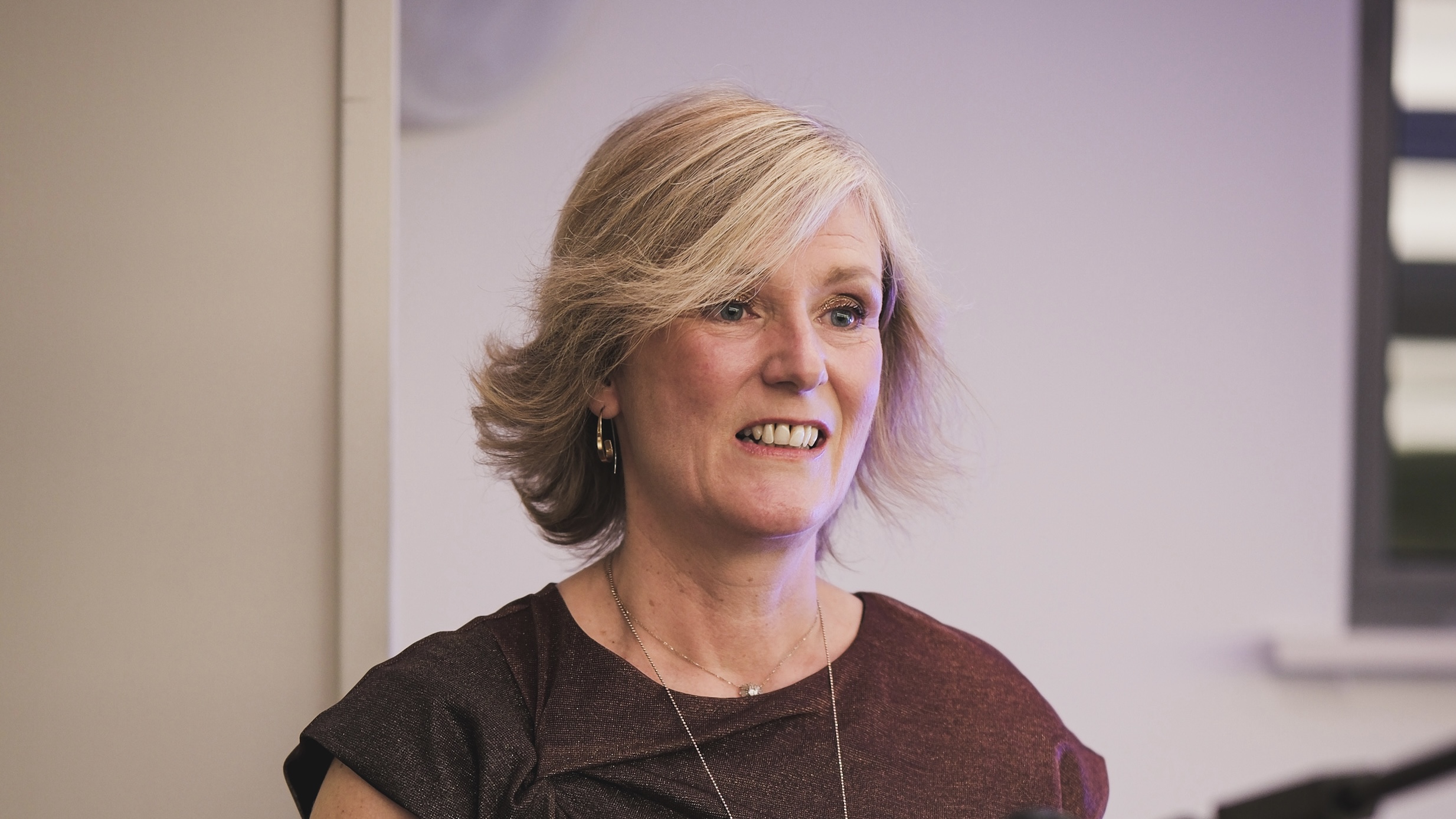
Wheatley’s SKY documentary Breaking With Tradition featured the BBC’s Iain Carter highlighting that we only ever refer to ladies when we talk about the loos. Wheatley doesn’t feel as precious women versus ladies, but it’s a debate that she encounters almost on a weekly basis. Recently named Captain of The Golf Industry Golf Society, there was a discussion as to whether she’d be Lady Captain or Mrs Captain, both of which Wheatley refused, so they’ve agreed on Captain.
Nicole added "When we look to other sports we see the word Woman is used consistently and we should follow suit with golf, if we want to taken more seriously as a sport women or girls want to try."
Earlier this year, Yvonne Brooke, founder of the Ladies Golf Lounge, changed the name to Women’s Golf Lounge (WGL). “The topic of women versus ladies came up time and time again,” says Brooke. “It took me about six months to make the change from ladies to women and it has proven to be a very emotive subject!”
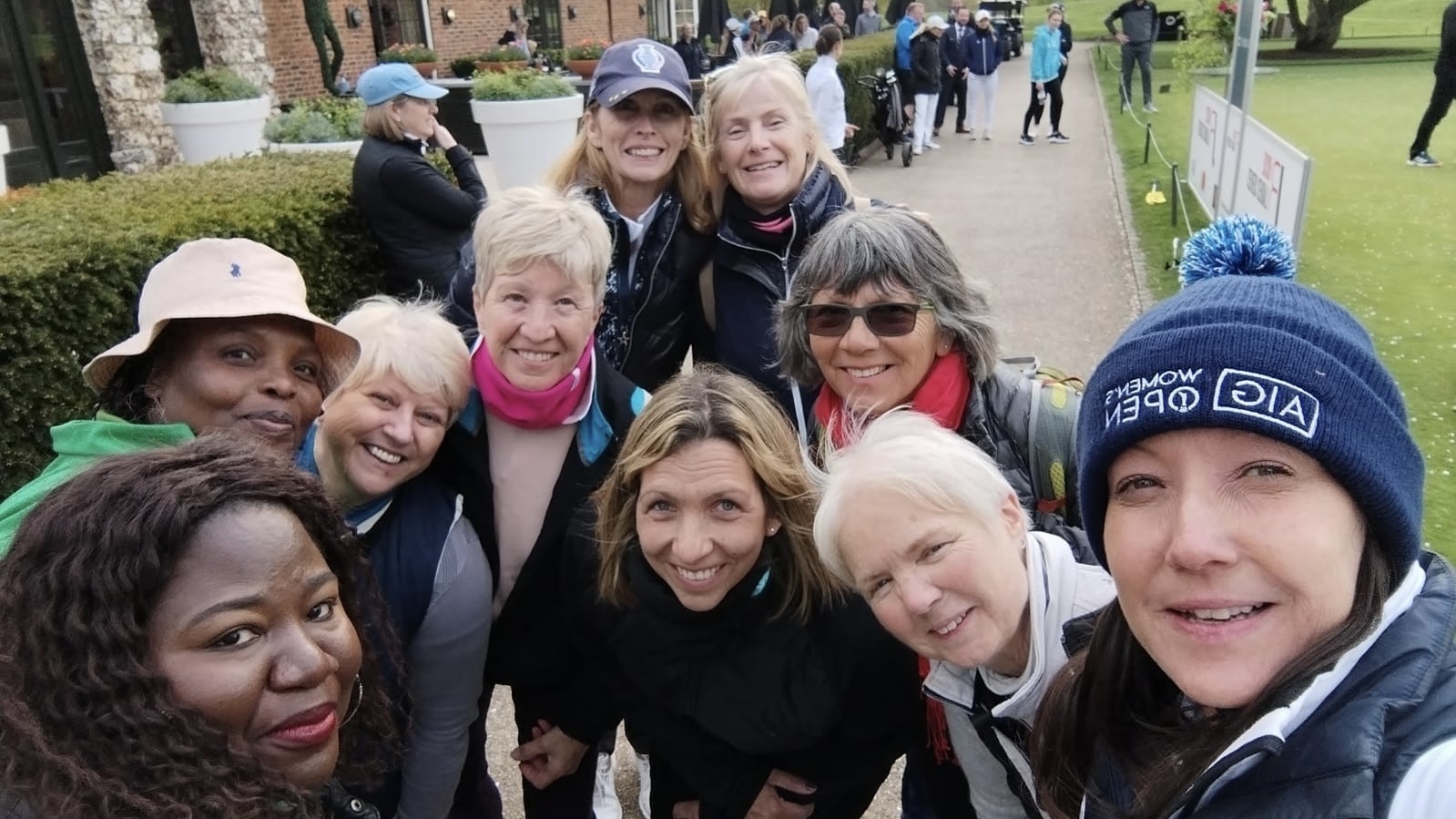
"What's great is that we are talking about it. By having these conversations, everyone gets to share their opinions, and we can start discussions that lead to change. Just like conversations around dress codes in golf, which is another highly emotive and talked about topic, these discussions are crucial for shifting perceptions and modernising the sport.
One thing we have to do to attract more women and girls to golf is to update the way we think and communicate. Using the word ‘women’ when it comes to sport is a step in that direction. It aligns with other sports like women’s rugby, women’s football, and women’s hockey – it’s about keeping up and moving forward.
Brooke adds, “Inside the WGL, I have had to explain that I have no issue with the word ‘ladies’ - I use it regularly! But when we are referring to the sport, we need to use the word ‘women’.".
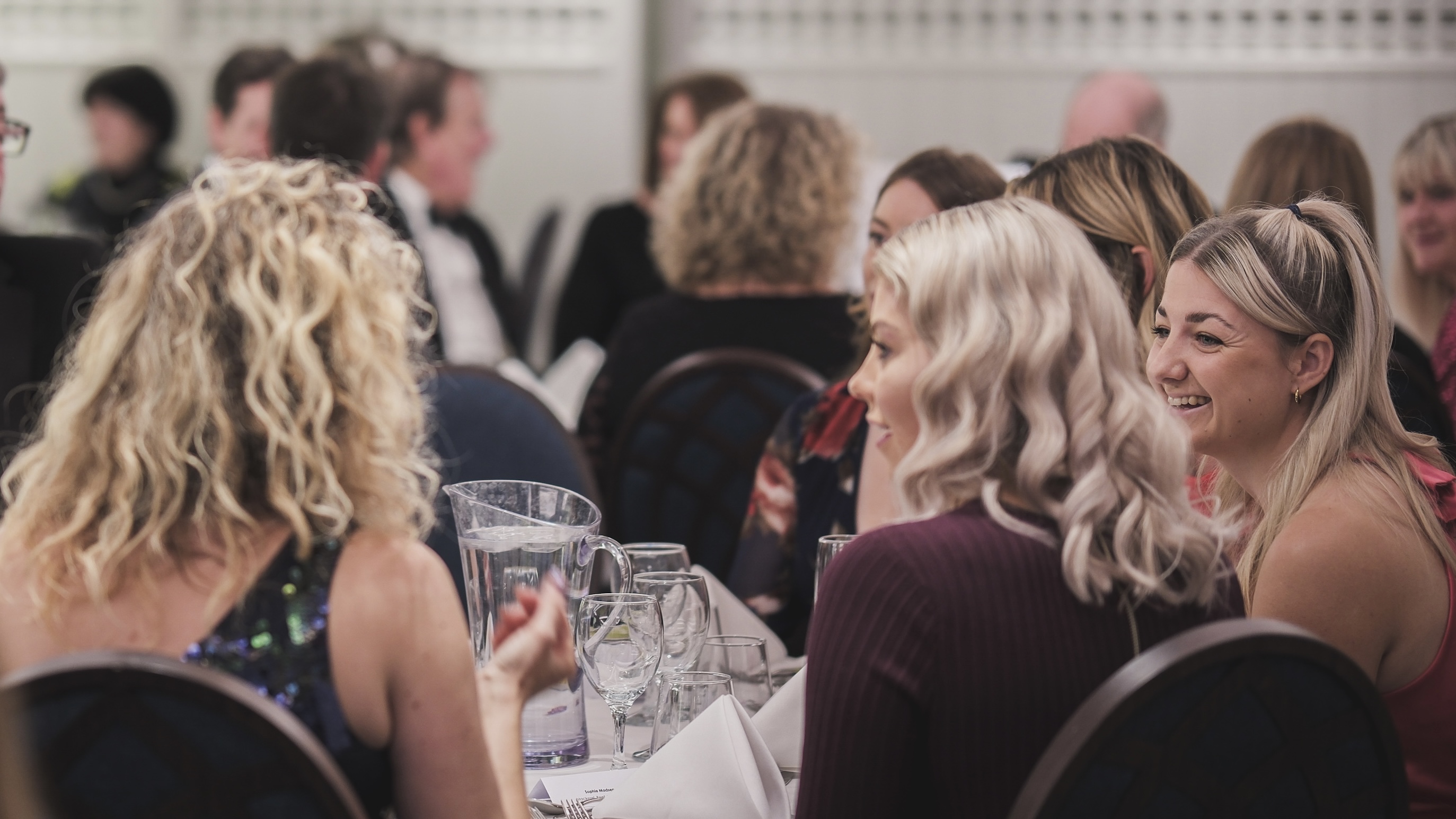
The word ‘women’ is just one part of a much bigger cog in the process of modernising golf. On its own, it might seem like a small thing, even a bit silly, but it’s actually vital in helping the sport evolve. Golf is such an amazing sport with so much to offer, but like other sports that have modernised – The Hundred in cricket – these small changes matter.”
Anna Darnell, resort manager at The Grove agrees with Brook. "It's woman all day long." Over 50% of the workforce at The Grove are women and in the workplace this reference really matters.
These changes make our progression in the world of golf gather pace. But I’m also conserving much of my energy for the fight of correctly positioned tee boxes and to help women feel empowered to own their version of golf. But, let us also give the power of language a nod and think about how we all use it in our everyday golfing lives.







